CONTENTS
CALLS TO ACTION
Inquiry into deaths at Canada’s Indian Residential Schools
 With the recent and tragic discovery of the remains of 215 Indigenous Children at the Kamloops Indian Residential School, we call on the Government of Canada to establish a National Inquiry into the Indian Residential School system.
With the recent and tragic discovery of the remains of 215 Indigenous Children at the Kamloops Indian Residential School, we call on the Government of Canada to establish a National Inquiry into the Indian Residential School system.This is a dark chapter in Canada’s Living History and must be reconciled by the Government and Canada as a whole so that such an atrocity never happens again within our borders.
Please sign our petition here.
EVENTS
Twenty Years After 9/11
When: Friday September 10th, 5pmIn Islamophobia and the Politics of Empire, leading scholar Deepa Kumar traces the history of Islamophobia from the 16th century to the “War on Terror.” In the twenty years since 9/11, she writes, Islamophobia has functioned in the United States both as a set of coercive policies and as a body of ideas that take various forms: liberal, conservative, and rightwing.
eventbrite.com
Book launch: 29 leads to love
When: September 12th, 9amNew and selected poems by Salimah Valiani.
zoom.us
TTCRiders Day of Action
When: Tuesday, September 14th, select your time/location.TTCriders is organizing a distributed day of action at TTC stops on Tuesday, September 14th. Join the city-wide day of action to send a message to the TTC Board that transit riders need lower fares and better service.
docs.google.com
ARTICLES
Multinational Corporations and COVID-19
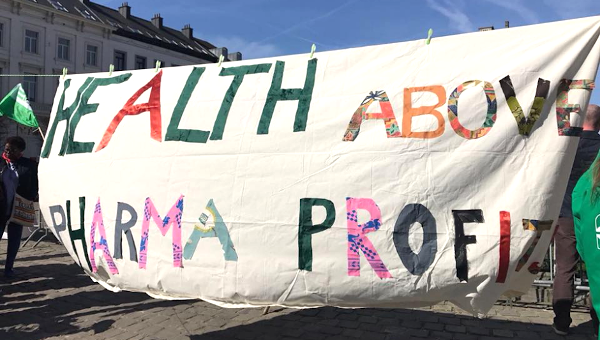 By Peter Rossman
By Peter RossmanThe multilateral trading system anchored by the WTO is not confined to cross-border trade in physical goods. It was also designed to protect corporate knowledge monopolies. Developing countries were told that strict adherence to the rules of ‘free trade’, codified and enforced by the WTO, would enhance their productive capacity through technology transfer and upskilling. The COVID-19 crisis tells a different story. The global distribution of patent-protected knowledge is highly skewed along the North/South axis reflected in the geography of vaccine production and vaccination rates.
Source: The Bullet No. 2450
Twenty Years of the Afghanistan Occupation Ends
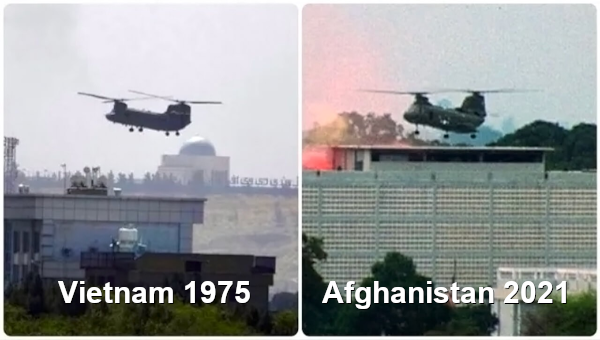 By Michael Skinner
By Michael SkinnerIn 2007, I travelled throughout Afghanistan with an Afghan-Canadian research partner, and we asked more than one hundred Afghans: What do you think about the international intervention in Afghanistan? It was as evident then as it has been proven now that a critical mass of Afghans perceived the invasion and occupation of Afghanistan as illegitimate, unnecessary, and serving the interests of the occupying forces. Although the interests of some privileged Afghans were served by the US led occupation, many Afghans wanted the occupation to end even if a withdrawal of US and NATO forces could likely result in Taliban forces retaking control of the government.
Source: The Bullet No. 2451
Cuba: History Repeats
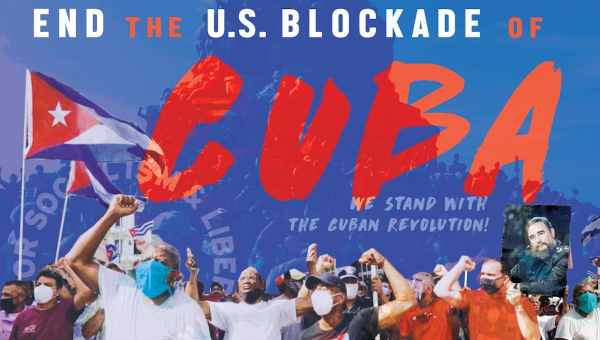 By Autonomous University of Social Movements
By Autonomous University of Social MovementsIn 1989, the Soviet Union and its eastern bloc fell apart, literally overnight. The impact in Cuba was immediate and dramatic. Within six months, Cuba lost more than 70% of its international trade. Over the next five years, the island’s economy shrank by half. (In comparison, at the height of the Great Depression from 1929 to 1933, the US economy shrank by 30%.) The “special period in times of peace” took a toll across the island. Food and fuel shortages, electrical blackouts, lack of medicines – every aspect of Cuban life was affected.
Source: The Bullet No. 2452
A Workers’ Plan: A Sustainable and Socially Just Local Public Transport
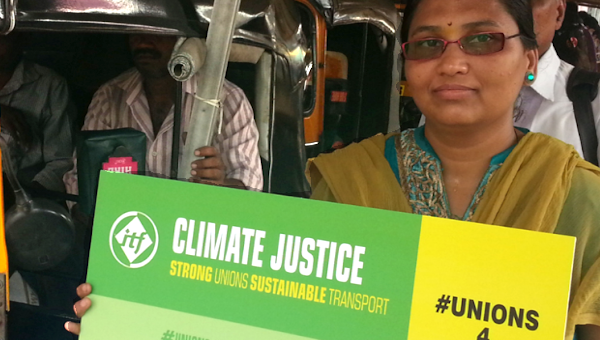 By International Transport Workers’ Federation
By International Transport Workers’ FederationThe commitment of public funds and the development of new funding models for local public transport (LPT) operations, maintenance and infrastructure can play an important part in overcoming the COVID-19 crisis and rebuilding economies in ways that are socially and environmentally just. But this will only happen if LPT systems and funding structures are designed to be efficient, respond to the needs of workers and users, and specifically address social inequalities.
Source: The Bullet No. 2453
Competition, Labour, and Solidarity
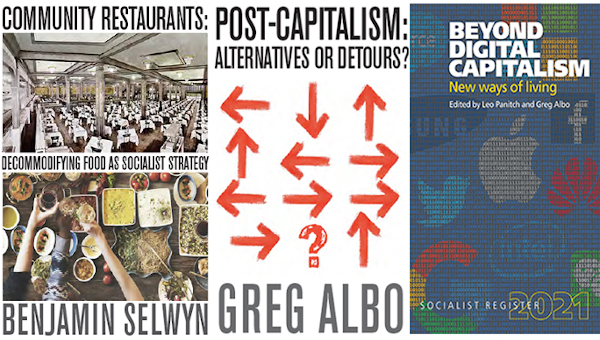 Doug Henwood interviews Sam Gindin. They talk about competition, labour, and solidarity. This is based on Sam’s review of the book, Persistent Inequalities: Wage Disparity Under Capitalist Competition by Howard Botwinick (Haymarket Books, 2018).
Doug Henwood interviews Sam Gindin. They talk about competition, labour, and solidarity. This is based on Sam’s review of the book, Persistent Inequalities: Wage Disparity Under Capitalist Competition by Howard Botwinick (Haymarket Books, 2018).Source: LeftStreamed